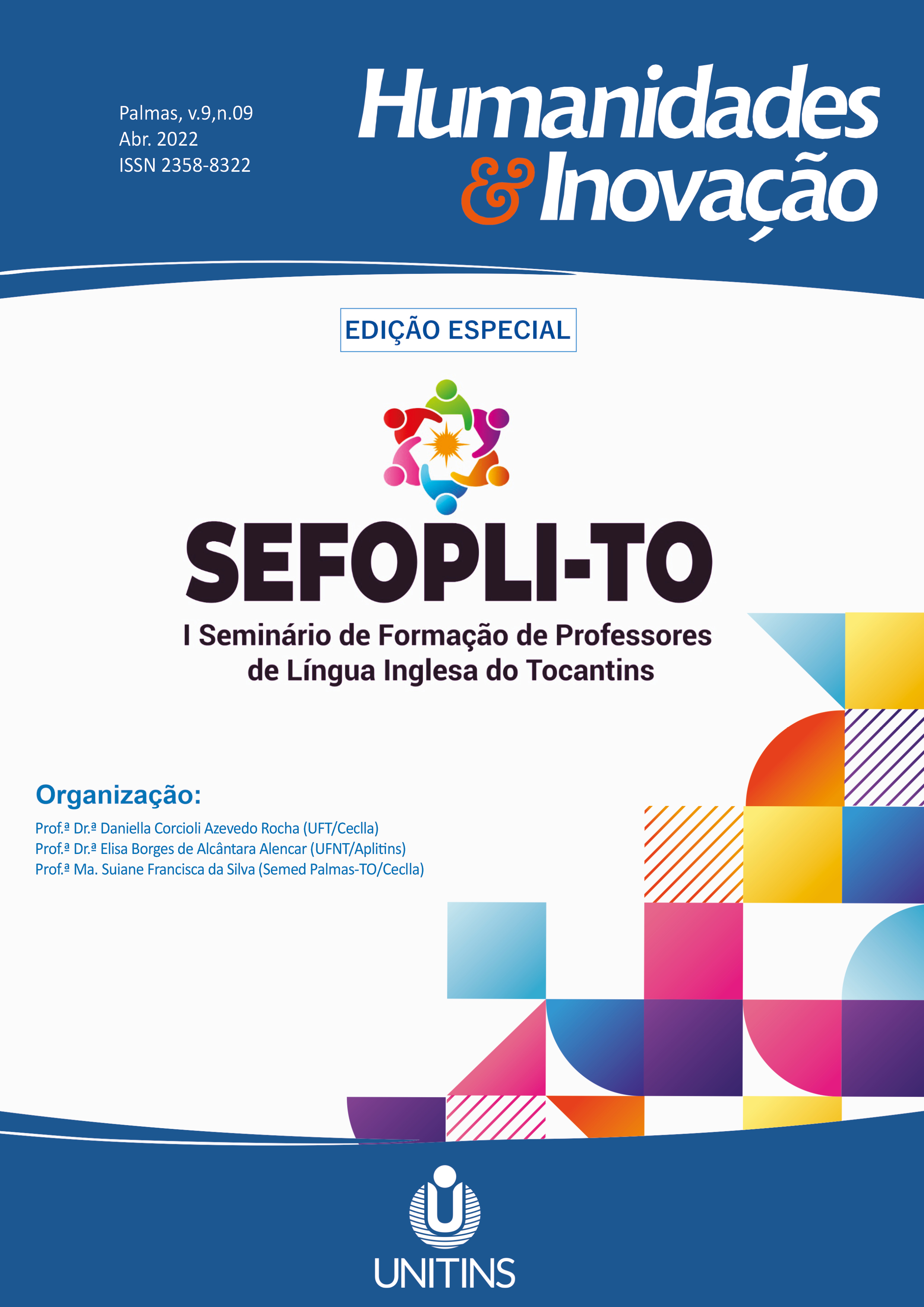CELIE´S WOMANIST VOICE: IS LIVING, FIGHTING AND BELIEVING IN A BETTER WORLD A UTOPIA?
Résumé
In 1983, Alice Walker published In Search of Our Mother's Garden, a collection of non-fiction articles with the main purpose of highlighting the importance of being a woman in a racialized world, full of judgments that bring race, class, and gender as a scope. The term womanism was developed in this collection and expanded in the work The Color Purple, represented by the main character Celie. In these circumstances, the author seeks, through her protagonist, to expand the dialogue with the essence of being a womanist to the detriment of the other women in the narrative. It is relevant to note that the practice of such a perspective, being a womanist, focuses on revealing the resistance and resilience of these marginalized women by the social system. Walker's literature is an ‘open door’ to freedom filled with compassion and respect, which is not an idea of Moore's conventional utopia.
Références
Bhabha, Homi K. The location of culture. England: Routledge, 2007.
Butler, Judith. Gender Trouble: Feminism and the Subversion of identity. London: Routledge, 2003.
Harris, Melanie. Gifts of Virtue, Alice Walker, and Womanist Ethics. New York: Palgrave Macmillan, 2010.
James, Henry. The art of fiction. In: Hoffman, Michael; Murphy, Patrick. Essentials of the Theory of Fiction. Duke University Press. Durham and London. 2005, p. 13 – 19.
Lee, Harper. To kill a Mockingbird. Harper Perennial Modern Classics. New York. 2005.
Lerner, Gerda. The Creation of Feminist Consciousness. New York: Oxford University Press, 1993.
Pearson, Carol. Women’s Fantasies and Feminist Utopias. In: A journal of Women’s Studies. Frontiers 2.pp:50-60, 1977.
Sargent, Lyman Tower. The three faces of utopianism. Utopian Studies. Vol.5, n.1, pp.1-37. JSTOR Published Penn State: University Press, 1994.
Sargisson, Lucy. Contemporary Feminist Utopianism. New York: Routledge, 1996.
Spivak, Gayatri C. Can the subaltern speak? Columbia University Press, 2010.
Walby, Sylvia. Theorizing Patriarchy. Oxford: BasilBlackwell ltd, 1990.
Walker, Alice. In Search of Our Mother’s Garden. New York: Harcourt,1983.
Walker, Alice. The Color Purple. United Kingdon: Orion Publising Co. London, 2016.
A submissão de originais para este periódico implica na transferência, pelos autores, dos direitos de publicação impressa e digital. Os direitos autorais para os artigos publicados são do autor, com direitos do periódico sobre a primeira publicação. Os autores somente poderão utilizar os mesmos resultados em outras publicações indicando claramente este periódico como o meio da publicação original. Em virtude de sermos um periódico de acesso aberto, permite-se o uso gratuito dos artigos em aplicações educacionais, científicas, não comerciais, desde que citada a fonte (por favor, veja a Licença Creative Commons no rodapé desta página).











